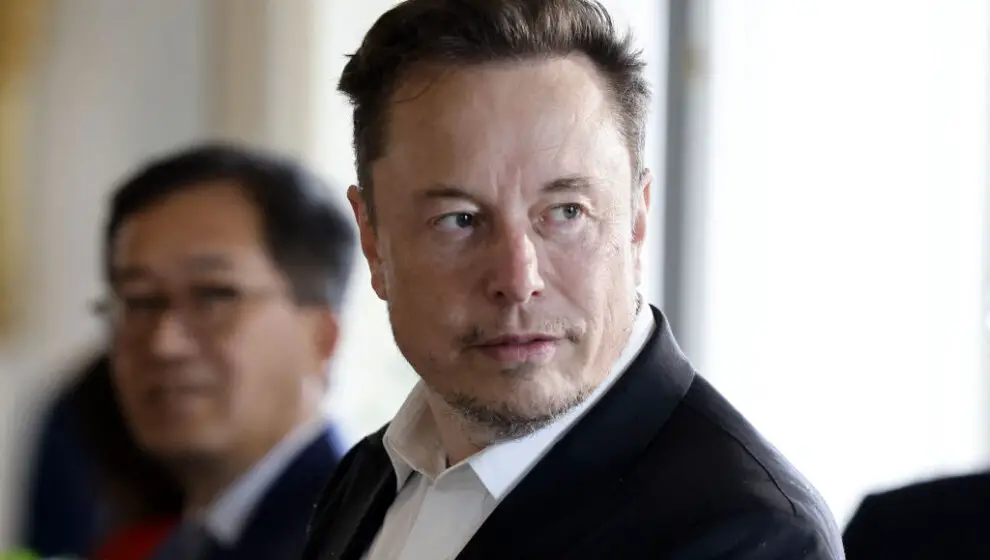Elon Musk famously bought Twitter last year with vocal resistance and support from Twitter users, but Musk’s controversial public presence is starting to find its way into his other investments.
Key Details
- Musk bought Twitter last year in what he says was an effort to promote free speech on the platform.
- Since then, Musk has become an increasingly controversial figure, with opponents criticizing everything from his political viewpoints to how he chooses to manage Twitter.
- The general public’s perception of Musk has changed since the Twitter buy, which has started affecting his other companies—SpaceX and Tesla.
- Some investors worry that Musk’s focus on Twitter detracts from his efforts at his other companies, but Musk may also have to worry about customers walking away simply because they no longer like the CEO.
Why it’s news
While CEOs are essential in guiding and directing a company, they have become somewhat of a mascot for large companies in recent years. As the public face of a business, they must have a strong personality and, at the very least, be neutral if not likable to the public.
This public’s shifting opinion on the billionaire CEO has had consequences outside Twitter. Musk’s vocal political viewpoints are damaging SpaceX’s brand image and may affect the company’s future business, the Observer reports. One of SpaceX’s largest customers is the U.S. government, which incentivizes the company to remain friendly with government officials.
A Morning Consult survey found that consumer opinions of Tesla, Twitter, and SpaceX declined since Musk purchased Twitter. The decline is mostly among Democrats, but Republicans are also starting to lose trust in SpaceX.
Musk’s declining popularity is starting to show at Tesla, too. The company has more competition now, with Ford, Kia, General Motors, and others releasing electric vehicles (EVs). Tesla once stood in a class by itself, but now it needs to stand out among its competitors. Tesla customers were once drawn to the environmentally-friendly benefits of Musk’s EVs, but now they increasingly associate the company with his political opinions.
Musk’s significant job cuts at Twitter may have hurt his popularity. While the layoffs may have been necessary for the social-media company to reduce costs, the move did little to boost public sentiment. As the primary face of Tesla for years, his association with the company could turn some customers away.
From October to November 2022, Twitter declined 5.2 favorability points, Tesla 6.2, and SpaceX 1.7, according to Morning Consult’s favorability survey.
Another View
Popularity, of course, is not the final arbiter of success. Quite often, leaders with the long view need to withstand short-term losses and general ridicule in order to stick with a strategy that may not, at the moment, seem to be sensible. Musk himself has not shown signs of panic and is well aware of the mockery and derision.
Backing up a bit
The change in media sentiment toward Musk is most apparent when looking at late-night television shows. In 2021, pre-Musk’s Twitter buy, the Tesla CEO was already becoming a somewhat controversial figure due to his positions on COVID-19, but he was still invited to host an episode of Saturday Night Live.
Now, he’s the butt of jokes on multiple late-night shows in the U.S. and was the subject of an entire segment on Last Week Tonight With John Oliver. While making jokes about public figures is routine on these late-night television shows, the tone of these jokes has shifted from lighthearted to highly critical.
Last year, Musk appeared on stage with comedian Dave Chappelle, only to be met with “boos” from the crowd. The pushback from the crowd was so severe that Chappelle ended the show early.
Other companies have received backlash for political opinions—such as the Disney and Desantis squabble—but Musk as the singular face of three large companies opens him up to particular attack.
